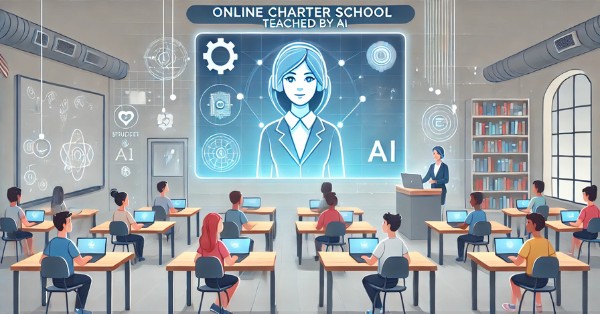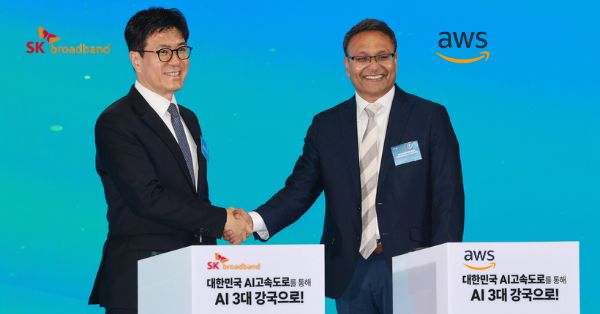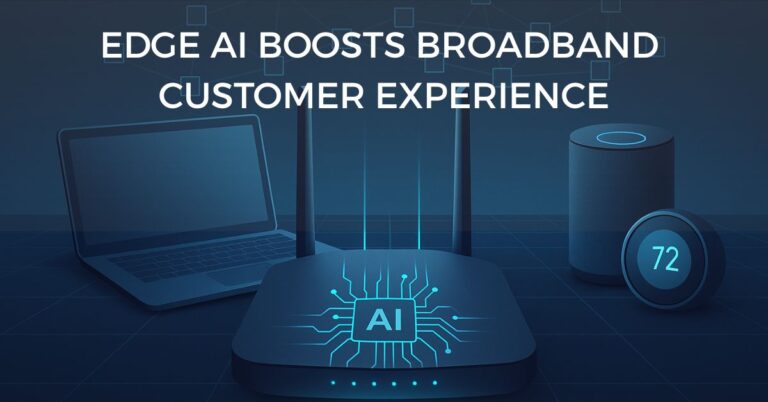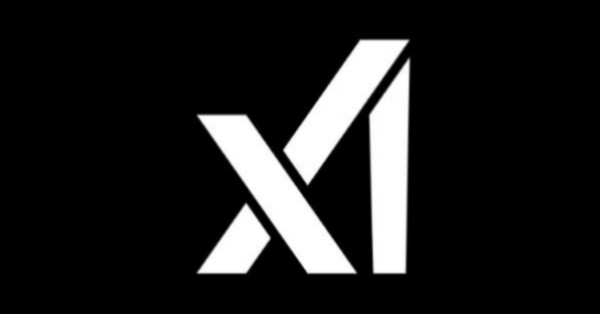Arizona Charter School to Use AI for Teaching Instead of Human Educators
A new chapter in education innovation begins in Arizona, where artificial intelligence (AI) is set to replace traditional teaching methods. Unbound Academy, a virtual school approved by the Arizona State Board for Charter Schools, will deploy AI-driven instruction for grades four through eight starting in 2025. This model claims to redefine learning by reducing reliance on human teachers and maximizing personalized education through technology.
Unbound’s AI Model: Revolutionizing the 2-Hour School Day
Unbound Academy’s approach is rooted in its “2hr Learning” model, which allocates just two hours daily for academic subjects like math, language arts, and science. Instead of traditional classroom teaching, students engage with AI programs that dynamically adjust to their learning needs. This customization ensures students are consistently challenged, avoiding the pitfalls of boredom or frustration.
The AI system incorporates advanced algorithms to monitor student performance, analyze their responses, and assess time spent on tasks. Emotional cues may also be factored in, enabling the program to fine-tune content delivery. The aim is to offer tailored instruction far beyond the scope of conventional teaching.
According to Unbound, students following this model can learn twice as much as their peers in traditional settings. The organization attributes these results to similar implementations in Texas, where it operates Alpha Schools, and Florida. Unbound is also seeking to expand its model to Utah and Arkansas.
Life Skills Beyond Academics: Unbound’s Unique Approach
The unconventional schedule allows significant time for students to focus on non-academic “life skills.” After their AI-guided academic sessions, students participate in workshops designed to foster abilities such as teamwork, leadership, entrepreneurship, and critical thinking.
One standout exercise involves a virtual simulation of the Mount Everest climb, inspired by the Harvard Business School case study. In this activity, students collaborate to identify their strengths and weaknesses, applying problem-solving and teamwork to “ascend” the mountain together. Role-playing games like Dungeons & Dragons are also employed to enhance storytelling, social skills, and creativity. These activities aim to develop well-rounded individuals prepared for real-world challenges, blending soft skills with digital literacy.
Redefining Education: Adults as Guides in AI Classrooms
While AI takes center stage in academic instruction, adults in Unbound’s classrooms serve as guides rather than teachers. Their primary responsibilities include motivating students, maintaining focus, and providing emotional support. This shift in roles highlights the broader goal of enabling students to take ownership of their learning journey while fostering independence.
Unbound’s educational philosophy draws inspiration from Silicon Valley’s innovation-driven culture. The institution’s Arizona charter application references Tesla’s strategy of starting with high-end vehicles to generate insights for future mass-market adoption. Similarly, Unbound hopes to refine its AI-driven model for broader scalability.
The Debate Over AI Replacing Human Teachers
AI-powered personalized learning tools, such as those used by Unbound, have gained traction in schools across the U.S., often supported by organizations like the Bill and Melinda Gates Foundation. Platforms like IXL and Khan Academy, which form the backbone of Unbound’s curriculum, are already integrated into many teacher-led classrooms.
Despite their growing popularity, these tools face scrutiny over their educational efficacy. Critics question whether AI programs can genuinely replace the nuanced understanding and adaptability of human educators. Concerns also exist about the potential for over-reliance on technology to address complex educational needs.
Scaling AI Education: From Private Schools to Public Classrooms
Unbound’s founders view the academy as a testing ground for innovation. In its application, the organization positions its private Alpha Schools as a prototype akin to Tesla’s luxury cars. These schools generate valuable data and funding to refine the AI-based model for broader application in public education.
Unbound plans to eventually expand its Arizona school to include kindergarten through eighth grade, depending on the program’s success. The flexibility and scalability of this model align with the broader trend of integrating AI into everyday learning environments.
AI in Classrooms: The Next Chapter in Education Innovation
The launch of Unbound Academy in Arizona represents a bold step toward redefining education in the digital age. By leveraging AI for academic instruction and reserving time for life skills development, the school aims to create a learning environment that is both efficient and holistic.
Whether this model will transform education remains to be seen. Proponents view it as an innovative solution to traditional classroom challenges, while critics urge caution, emphasizing the irreplaceable value of human teachers. As AI continues to shape various industries, its role in education could redefine how future generations learn and grow.






















